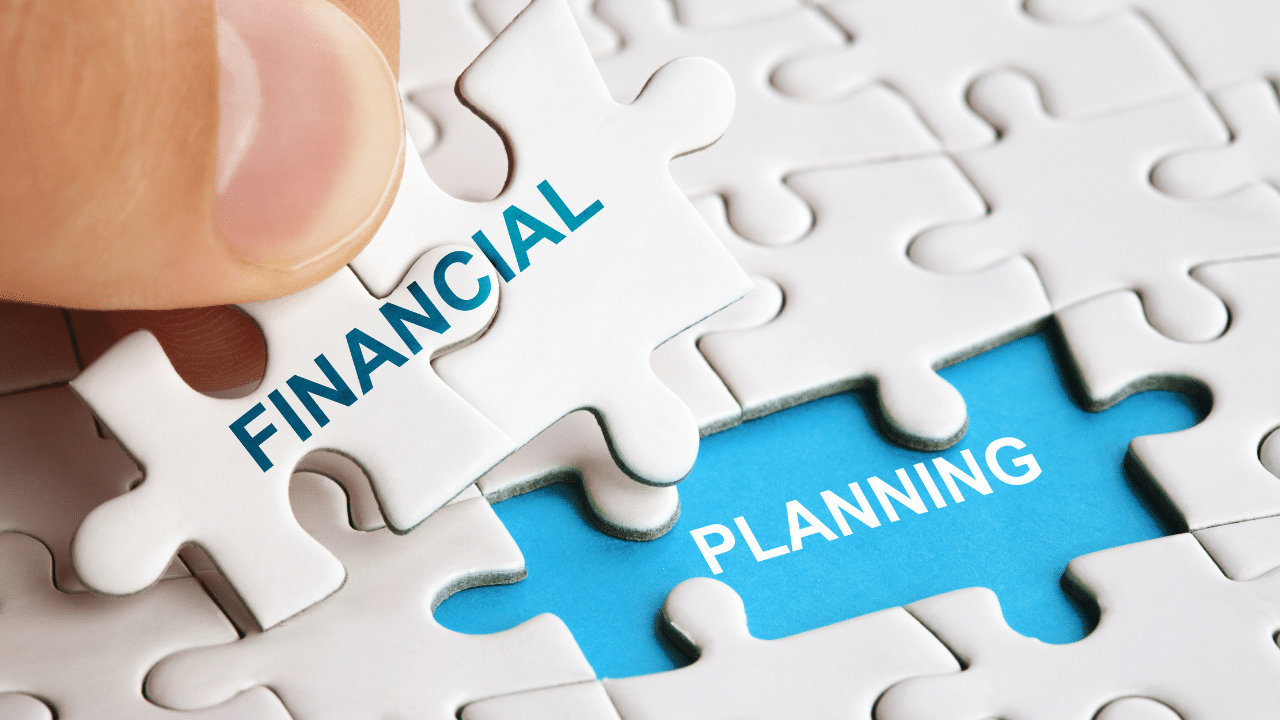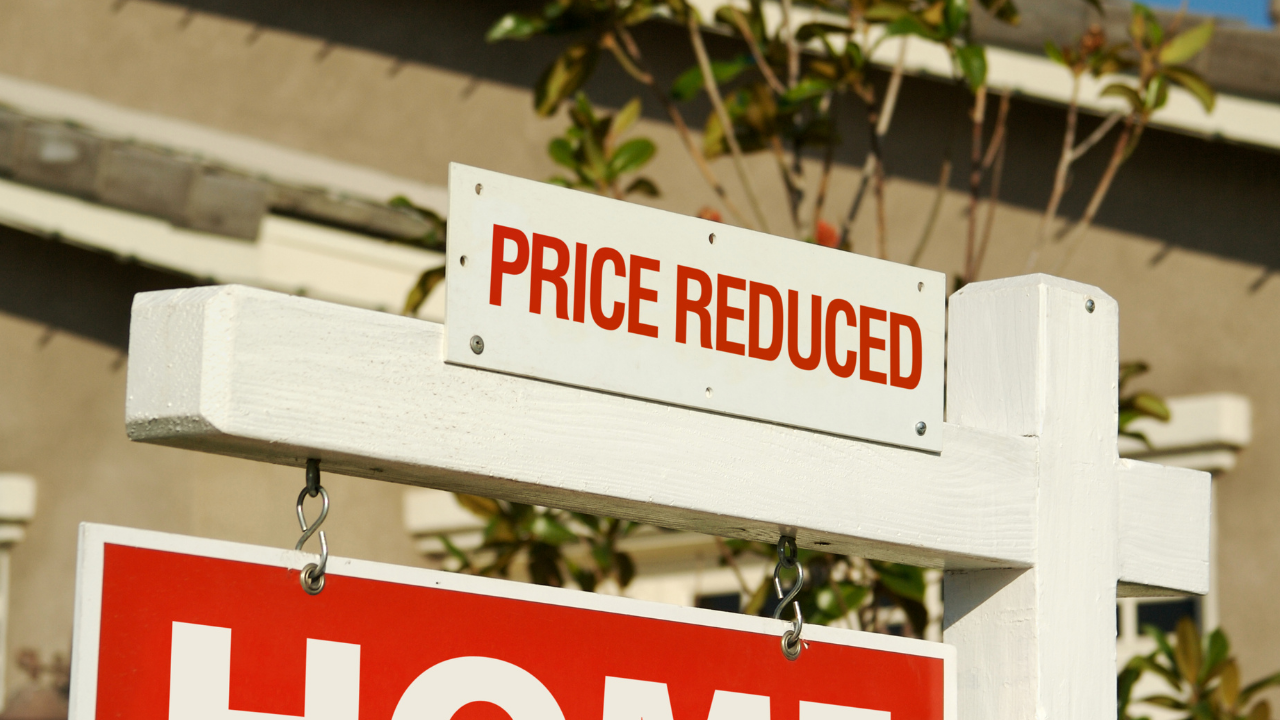Are you planning on buying a home sometime soon? For many of us, buying the family home is one of the biggest investments that we make. It provides security and warmth for our families, as well as becoming part of our retirement planning. So, we should all aspire to buy a home sometime in our life, the sooner the better.
So, what about you? Are you buying a house anytime soon? Does that thought send you into a nervous sweat? Does the thought of packing—and unpacking—boxes make your stomach hurt? Do you dread dealing with the mortgage company and providing them with all the documentation they require, just so that you can land that all-important mortgage?
Many people who have thought they would never consider moving again suddenly find themselves needing to make a move. This could be for a better job, to care for an aging parent, to get their children into a better school or just because they find themselves needing more room. In any case, you might find yourself on the lookout for a new home sooner than you think—so take a look at these fifteen things you MUST do before you buy your next home.
1. Choose your house location carefully
You’ve probably heard it a million times. Every real estate agent says it: “Location, location, location.” But that’s not an overstatement; picking the location of your next home really is that important. Only you know where you want to live and why you want to live there. Once you’ve decided that, don’t compromise and don’t let your realtor talk you into another area that doesn’t meet your requirements.
2. Buy house right
Your realtor can be a real asset for this. Don’t overpay for a house. In fact, you want to buy below market value. Buying a home that needs some repairs and putting in some “sweat equity” is a great way to do this. Your realtor can help you run comps to see if the asking price is the right price for that home and if not, what it should be. They can also help you see if the seller has any unrealistic expectations about how much their home is really worth.
3. Keep your exit in mind
This one has gotten me in trouble before! You see a beautiful house with a tree-shaded backyard, a breakfast nook, and that finished attic you’ve always wanted. Visions of Memorial Day cook-outs, Christmas mornings, and weekends with the future grand-kids begin to dance in your head. Slow down! No matter how much you love a house, you don’t know what the future is going to bring. Someday, you’re probably going to want to move out of that house. The average person will own a house for five to seven years. Will you be able to sell at that time? If the house is something that others won’t want to buy from you, you need to seriously re-consider buying it, no matter how charming the chef’s kitchen is.
4. Minimize your out-of-pocket expenses
Every real estate transaction has lots of closing costs associated with it. Things like realtor commissions, attorney’s fees, inspection fees, due diligence deposits, and all the rest can really add up. While these are usually buyer’s expenses, a motivated seller might be willing to pay some or all of these costs to get the deal done. You can also roll a lot of those costs into your mortgage. Don’t forget that most homes have some issues that may need to be addressed before you move in. This can be anything from an old roof, to an aging water heater; even a weak air conditioner. If these will need to be fixed sooner, rather than later, see what you can do to get the current owner to fix these as part of the deal.
5. Stay within your means
I’m not talking about JUST barely staying within your means here. Rather, stay well within your means. Too many people put a crimp in their budget, buying more house than they can afford. So what does that look like? To start, calculate the maximum payment you think you can afford every month. That means taking a serious look at your budget and figuring out (after taking account for the rest of your expenses) the most you’re willing to spend on housing every month. Then (and here’s the hard part) cut that number in half. If you can genuinely afford a $3,000/month mortgage, look for homes that will cost no more than $1,500/month, with the escrows. There’s nothing worse than getting stuck with a mortgage you can barely afford month after month. Our Free Budget Tool can help you determine this amount.
6. Start with a small house
This applies whether you’re buying for investment properties or a buying a home. Don’t overspend and don’t overbuy! If you’re shopping for investment properties, it really is best to buy a few smaller properties rather than one large property. Even though it may seem like the maintenance will be tougher, the difference in work isn’t significant enough to make up for the difference in money. You’ll spend less and earn more on multiple smaller properties. If you’re looking to purchase a home that will serve as your primary residence, the same principle applies. It may mean cleaning out your attic before the move and having a few garage sales. But having less stuff means needing less space—which in turn, means accumulating even less stuff!
7. Dream shop
We’re not trying to say you can’t have the house of your dreams! Before you do anything else, take time to dream shop. Even if you aren’t planning to buy in the near future, take some time to look at houses you’d like to have… someday. Scroll through Pinterest while you watch TV to get ideas, and then spend some time on Zillow or a similar site. This will help you figure out what you really want.
8. Know the neighborhood
Do your research. Figure out what day-to-day life would be like in the neighborhood and area in which you’re looking. Are any of the things you need within walking distance? Is the neighborhood safe? How are the schools? Can your kids ride their bikes? How far away is your church?
9. Buy on the fringe of new development
Try to avoid choosing a house that’s right in the middle of all the hubbub. You’ll usually save some money this way. In addition, if you’re looking at a quality home, you can almost guarantee that shopping centers and other commercial development will follow in a couple of years.
10. Buy a house in recovery
Keep your eyes on how your city is doing; specifically, any areas which are changing. You know that part of your city that really hit a rough patch a few years back? What’s going on there now? You might be surprised to see that it’s slowly but surely entering a period of recovery. If it is, don’t be afraid to look at homes in those areas and in the surrounding communities.
11. Check out the HOA
This goes back to point 5. It’s another way to stay well within your means. Go ahead and add the HOA dues into your calculations when you’re figuring out what your mortgage will be each month. If the HOA pushes you over the top of what you can afford, ditch the neighborhood and keep looking. Also remember that some HOAs have restrictive stipulations about what you can do with your home.
12. Follow the government and large franchises
If your local government is taking time and spending resources building up in a certain area, that’s an area to pay attention to. Not only can you trust that it will be a good area in which to live, but you will be able to enjoy perks like new parks. The same thing can be said for the large franchises. They are looking to move into areas that are growing. Recently, a gorgeous two-story Whole Foods opened up near my neighborhood. Fun new restaurants and boutiques soon followed—and now home values are soaring. Which leads me to my next point…
13. Follow revitalization
Is an area of your town being built up? Look at houses there. Again, you’ll benefit from living in a community that’s likely going to be seeing a lot of new restaurants, shops, and government services like parks and post offices—and you’ll get more bang for your buck as home prices rise over time in neighborhoods like these.
14. Look for large shopping centers
This is another sign that the community or area is going to see growth, letting you know that it’s probably a good place to buy.
15. Be on the lookout for an expanding job market
This one is a little tougher; it might even mean looking outside your city. But keep an open mind! Don’t be afraid to do a little dreaming. Take time to see which industries, cities, and communities across your region—or even across the country—are growing at a rapid pace. Then do a little research on those places. You never know; you might find out that your company’s Pittsburgh office has an open position that would mean a promotion for you. Once you’ve done that, check out the homes in those areas. Are there some that fall within your price range and that meet the checklist here? If there are, take a closer look at the city! There’s no harm whatsoever in looking, even if nothing comes of it.
So, are you ready to get started? Maybe this seems like a long list, but it doesn’t need to be overwhelming. Just because you begin looking at a new house, a new community, or a new city doesn’t mean you’re committed to anything. Have fun with it!
p.s. What about you? What do you think is important when looking for a new home? Are you a dreamer—or is that more of your spouse’s thing? Let us know! We want to hear from you.
All the best,

p.s. If you don’t know where to start the journey to financial independencebook a FREE strategy session today or register for our free webinar
One last thing… If you like this article, please share it so other people can read and enjoy it!
No one knows your money like “U”!








